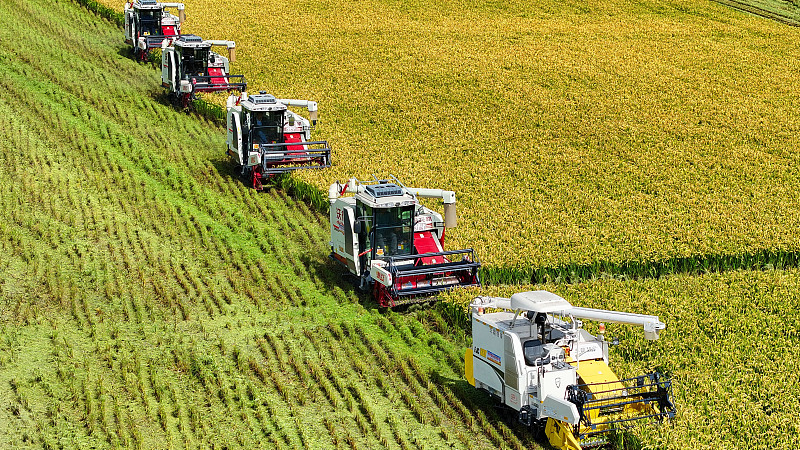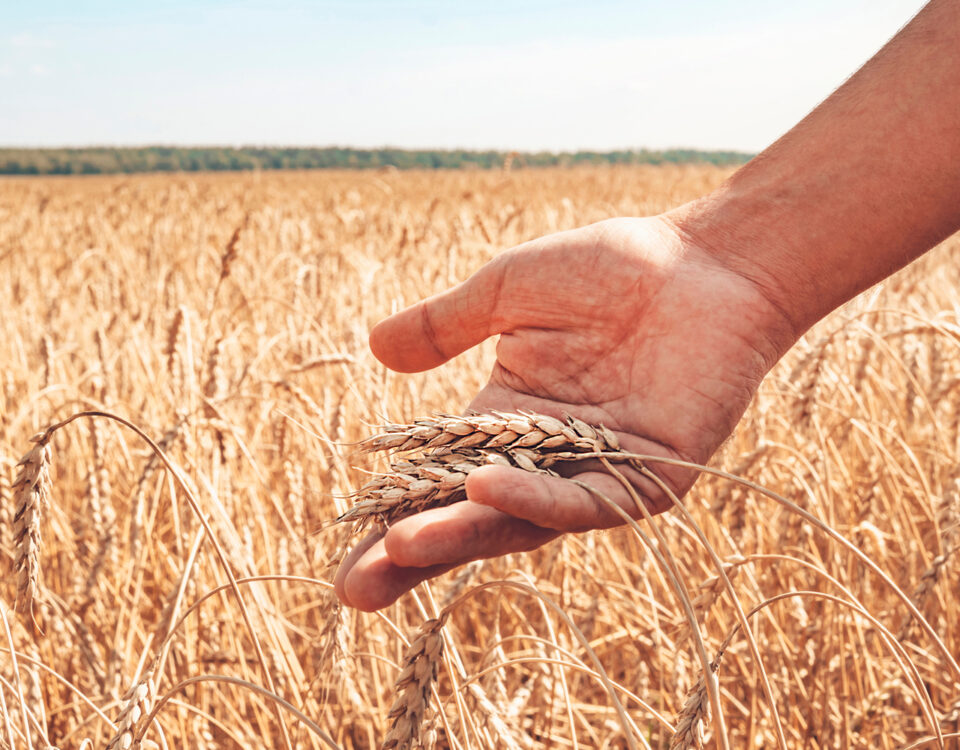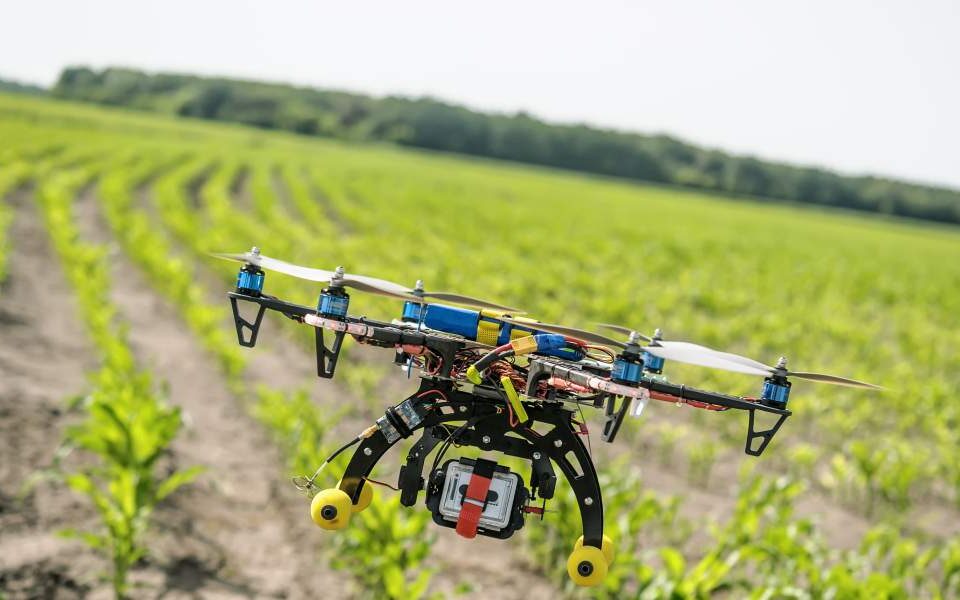
How Urban Growth Disrupts Wildlife Habitats and Ecosystems
July 26, 2024
Innovative Water Strategies in Modern Rice Cultivation
July 26, 2024Technology is revolutionizing agriculture, offering innovative solutions to some of the industry’s most pressing challenges. With modern technology, new machines will come in the field of agriculture, farmers will easily get more production in a short time, which will increase the economy of the country, and with the advent of agricultural revolution, the farmers and the working class will be prosperous. As the world population is increasing, food As demand increases, farmers are under increasing pressure to produce more with limited resources. This blog explores five key technological developments that are shaping the future of agriculture.
1. Tranquil Farming
Precision Farming uses GPS technology, sensors, advanced machinery and data analytics to improve field-level management of crop production and to optimize management. This technology allows farmers to monitor crop health, growth , can monitor soil conditions and weather patterns in real time, making it possible to apply water, fertilizer and pesticides more efficiently. Precision farming helps reduce waste time, lower costs, and increase crop yields by ensuring that resources are used exactly where they are. Use when needed.
2. Drones and Aerial Photography
Drones are equipped with high-performance high-resolution cameras and multi-spectral sensors that provide farmers with detailed aerial images of their fields. These images help identify crop stress, pest infestations, animal damage to crops, and nutrient deficiencies or crop failures that are not visible from the ground. By analyzing this data, farmers can make informed decisions about crop management and take action before damage occurs, solving problems quickly before they go ahead and achieve better yields. Drones help in fertilizing, spraying, and monitoring livestock. They perform important work in increasing the production of the farm, thus it will be of great benefit in the world of agriculture and the step of revolution in the world of agriculture will increase.
3. Automation and Robotics
Automation and robotics are changing various aspects of agriculture with these modern machines, from planting crops to sorting and packaging. Autonomous tractors, robotic harvesters, and automated milking systems reduce the need for manual labor and increase efficiency. These machines are capable of working around the clock and save time, helping to ensure timely operations and reducing human errors. Automation not only improves productivity but also solves the shortage of labor, in many agricultural sectors the machine is an important tool that has made farming much easier.
4. Internet of Things (IoT) and Smart Farming
The Internet of Things (IoT) connects various devices and sensors on a farm, creating a network that collects and shares data. This interactive system allows for real-time monitoring and management of farm operations. Smart farming applications include irrigation systems with in-ground fertilizer and crop calculations that adjust based on soil moisture levels, climate-controlled greenhouses, and animal tracking systems. IoT enables farmers to manage their resources more effectively, improving overall farm sustainability and profitability. Which brings important benefits in agriculture.
5. Genetic Engineering and Biotechnology
Genetic engineering and biotechnology are paving the way for the development of crops that are more resistant to pests, diseases, and environmental stresses. Genetically modified organisms (GMOs) can enhance yield, nutritional value, and shelf life. Biotechnology also plays a role in developing biofuels, reducing the agricultural sector’s reliance on fossil fuels. These advancements contribute to more sustainable farming practices and help meet the growing demand for food.
In conclusion, technology is playing a crucial role in modern agriculture, offering innovative solutions to increase efficiency, productivity, and sustainability. From precision farming and drones to automation, IoT, and biotechnology, these advancements are transforming the agricultural landscape. As technology continues to evolve, its integration into farming practices will be essential in addressing the challenges of feeding a growing global population while preserving the environment.
With the arrival of modern machinery in the world of agriculture, the Crops will be good, then the farmers will get a lot of production in a short time and the shortage of food will end.





